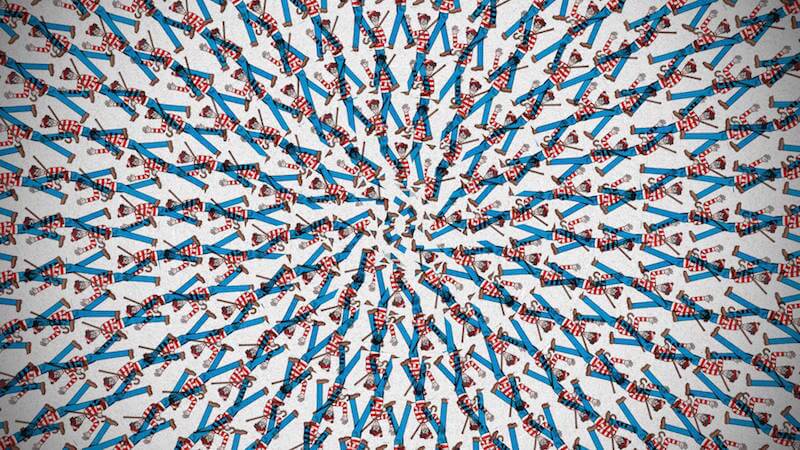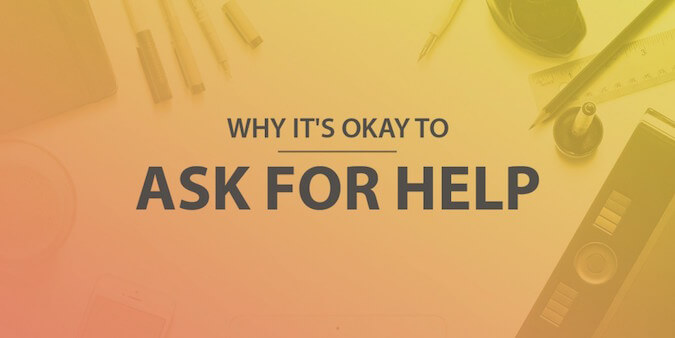
Imagine walking down a street that had 100 coffee shops side by side. Each storefront is slightly different from the last, but the messages are all the same: great coffee, great prices, great service, everything you can possibly need.
How would you choose?
This is what it’s like for customers today as they search for businesses to fulfill their needs. Online and off, businesses all seem to look the same, say the same things, and sell the same products and services.
In essence, every business has become a commodity.
As a small business, focusing on what we sell at ECHOtape has become irrelevant. Consumers can get a hundred versions of tape, or motor oil, or roofing contractors. When every company has the same features and benefits, the question becomes how do we connect our company to meaning and value? How is the level of service, the feelings created, the overall experience? How is the human relationship in this commoditized world?
Here’s an example from the book, Beyond Traditional Marketing:
SKF, the world’s largest ball bearing manufacturer, has turned its extensive know-how in rotation technology into value-added services for manufacturing operations. Far from haggling over the price of commodity bearings, the company now helps its productivity- conscious customers, such as pulp and paper manufacturers, to maintain their production machinery, reduce or eliminate downtime, and maximize plant yield. Many of these services come with performance guarantees that are offered on the basis of contracts that ensure continuity of supply and expert advice for plant operators, and long-term account retention for SKF. The company’s service business is today its fastest growing and most profitable division.
That’s a long term solution, one that we are working on developing ourselves. In the interim, we are choosing to think about our ‘how’ in simpler terms and as a daily practice. Things like, what if the goal of customer service was to make clients smile, not just keep them around? What if we worked harder at demonstrating gratitude and showing appreciation to our clients, partners, vendors, and co-workers? My mother, and probably yours, always said a simple thank you goes a long way.
How are you differentiating yourself in a world that is getting more commoditized? What strategies are working for you?






